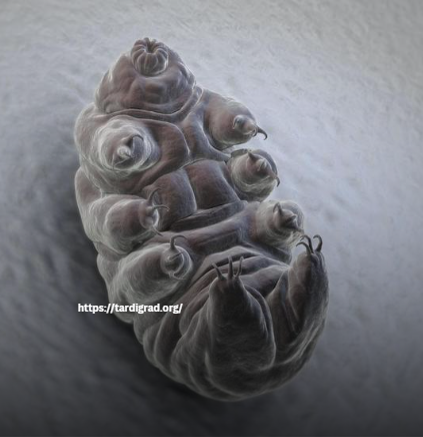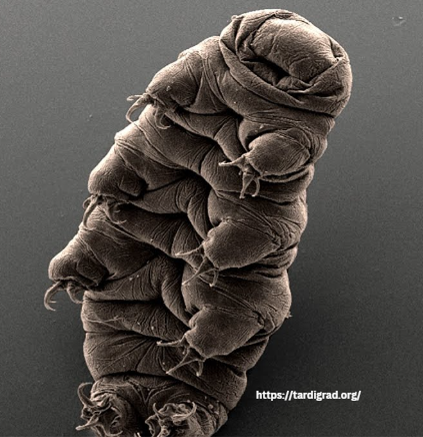Flora n Fauna of earth is Lovely
Tardigrade live here
These tiny lichen-dwelling creatures were discovered for the first time by German biologist Johann August Ephraim Goeze in 1773. He gave them the name “small water bear” due to their adorably adorable and obviously bear-like look.
Why Scientists Love Tardigrades?
Tardigrades are resilient organisms even though it doesn’t need to be mentioned.
Their half-millimetre-long, adorably tubby bodies and space resilience can dry out for extended periods of time before reviving unharmed. They can resist temperatures so high and so low that most other living things would perish, and they can even withstand radiation in space.
Here are 8 reasons why they’re microscopic bundles of awesomeness and cryptobiosis whether you know them as water bears , moss piglets or extremophiles.

Want to learn more?
Exploring the Microscopic Marvels
Unveiling the Diverse Categories of Tardigrade Studies!
Taxonomy
The classification and naming of different tardigrade species based on their morphological and genetic characteristics.
Anatomy and morphology
The study of the physical structure and form of tardigrades, including their internal organs, nervous system, and reproductive systems.
PHYSIOLOGY
The study of the biological functions and processes of tardigrades, including their metabolism, respiration, and reproduction.
Ecology
The study of the interactions between tardigrades and their environment, including their distribution, abundance, and role in ecosystems.
Evolution
The study of the origin and diversification of tardigrades over time, including their phylogenetic relationships and evolutionary history.
Researches over tardigrades UNVEILING THE ASTONISHING BREAKTHROUGH!


Dive into the world of tardigrades
Explore the categories that unravel their microscopic wonders!

Biotechnology
The application of tardigrade biology to develop new technologies and products, such as biomaterials and biopharmaceuticals.

Astrobiology
The study of the potential for tardigrades to survive in extreme environments on other planets and moons, and their role in the search for extraterrestrial life.

Molecular biology
The study of the genetic and molecular mechanisms that underlie the unique survival abilities of tardigrades.



